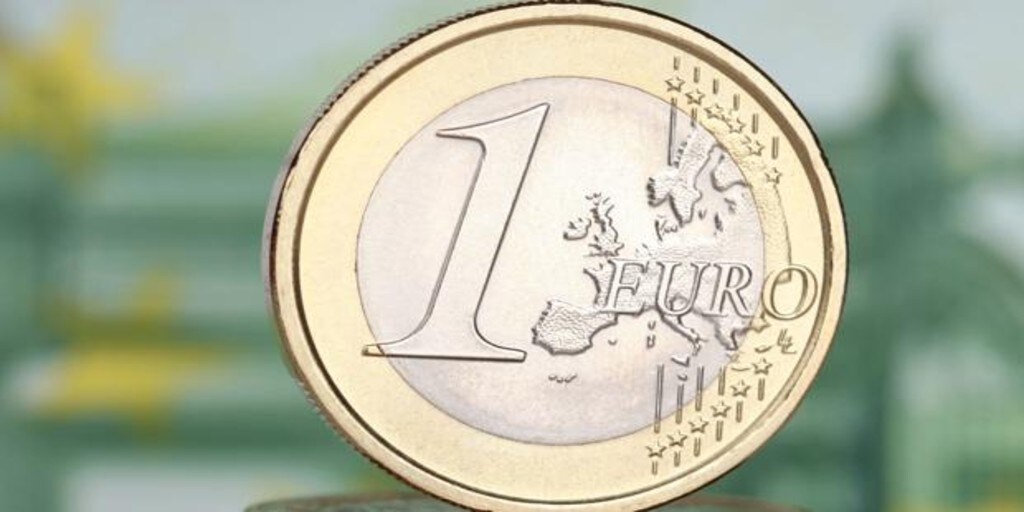The ECB is concerned about the rate of appreciation of the euro

Updated:
save
The Governing Council of the European Central Bank (ECB) is more concerned about the speed of appreciation of the euro against the dollar than about the level of the exchange rate, according to the minutes of its meeting of September 10, published this Thursday .
At that meeting, the ECB maintained the monetary stimulus and recognized that economic recovery from the impact of the pandemic is uneven across countries.
Available information indicates "a strong recovery in economic activity in the euro area", although the recovery "is incomplete, uneven and subject to considerable uncertainty", according to the ECB.
The ECB has so far approved monetary stimuli worth 1.35 trillion euros to face the economic effects of the COVID-19 pandemic and it is possible that it will increase the number again, although it is not expected to do so at the meeting in late October.
The Governing Council had calculated a baseline scenario in which it considered that the virus was under control, but at the September meeting it recognized that there is "considerable uncertainty" regarding the evolution of the pandemic and the development of the vaccine.
For this reason some members of the ECB considered that “the severe scenario could not be completely excluded, since there has been a new wave of infections”, even if it has not been as lethal as the first wave.
The resurgence of the virus in Europe it will affect the economic recovery of some countries in the euro area.
The ECB predicted at the September meeting that it will take some time for the vaccine to become widely available and until then, concerns about the economy will remain.
In addition to the evolution of the pandemic, the Governing Council of the ECB will pay great attention to the negotiation of the «Brexit», to the results of the presidential elections in the USA and to the fiscal plans of some countries in the euro area and the area as a whole.
"Given the openness of the euro area economy, the members of the Governing Council considered that a greater appreciation of the exchange rate constitutes a risk for growth and inflation," according to the minutes.
In fact, the ECB staff considered in their September macroeconomic projections "a significant impact of the appreciation of the euro exchange rate on inflation" in the region.
The euro has appreciated significantly against the dollar, but also against casi all advanced economy currencies and emerging from mid-July.
This appreciation, the minutes add, partly reflects that the risk assessment of the euro area has improved after the political agreement on the recovery plan in the European Union (EU).
Thus the flight of investors was reduced to safe ports, such as the dollar, which appreciated for this reason at the beginning of the pandemic due to the perception of risks in the markets.
The fall in real interest rates, discounting inflation, in the US has accelerated the depreciation of the dollar, which loses attractiveness to investors because the euro area has higher interest rates in some regions compared to the rest of the world.
The euro has appreciated 7% against the dollar from its levels before the outbreak of the pandemic because investors have reduced their holdings of dollar-denominated debt when inflation rose and "this effect was also stronger when real interest rates were in negative territory."
The nominal effective exchange rate of the euro, not discounting inflation, is higher than that registered in 2018But the members of the Governing Council considered at the September meeting "that it was the rate of appreciation of the euro, rather than the level of the exchange rate, that could become a concern."
"At the present time, however, it was not clear how long the recent movements in the exchange rate would persist, with high volatility" and the possibility of movements in both directions, up and down, according to the minutes.
The Governing Council considered it important to “avoid complacency and the perception among investors that the direction of exchange rate movements was a bet in one direction ».
The market was still betting in September that the euro would appreciate further, with considerable speculative positions in dollars against the currencies of advanced economies, including the euro, the minutes say.









